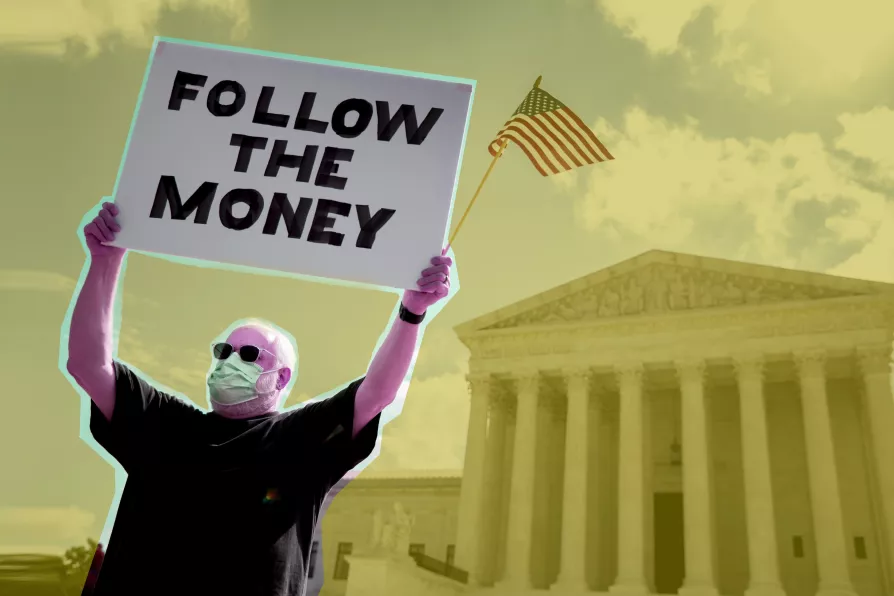John Wojcik pays tribute to a black US activist who spent six decades at the forefront of struggles for voting rights, economic justice and peace – reshaping US politics and inspiring movements worldwide

 Like earlier polls that showed a decline in Cold-War imposed hostility to socialism, the new poll shows that the image disseminated by smug elites and media hacks of the masses as ignorant and conservative is a myth
Like earlier polls that showed a decline in Cold-War imposed hostility to socialism, the new poll shows that the image disseminated by smug elites and media hacks of the masses as ignorant and conservative is a myth
IF you sometimes think that US politicians are aliens descended from another galaxy, you are not alone.
A recent Pew poll conducted in December 2020 shows that 67 per cent of those surveyed agreed that “most politicians are corrupt.”
While the media and the two-party system have done their best to divide citizens into two warring tribes standing before an unbridgeable chasm, scorn for corrupt politicians transcends that divide.

The prospect of the Democratic Socialists of America member’s victory in the mayoral race has terrified billionaires and outraged the centrist liberal Establishment by showing that listening to voters about class issues works, writes ZOLTAN ZIGEDY

In 2024, 19 households grew richer by $1 trillion while 66 million households shared 3 per cent of wealth in the US, validating Marx’s prediction that capitalism ‘establishes an accumulation of misery corresponding with accumulation of capital,’ writes ZOLTAN ZIGEDY

Scotland’s rapidly growing support for Reform UK is the result of a profound crisis of trust in mainstream politics — one that progressives share, and must harness, writes DEREK THOMSON










